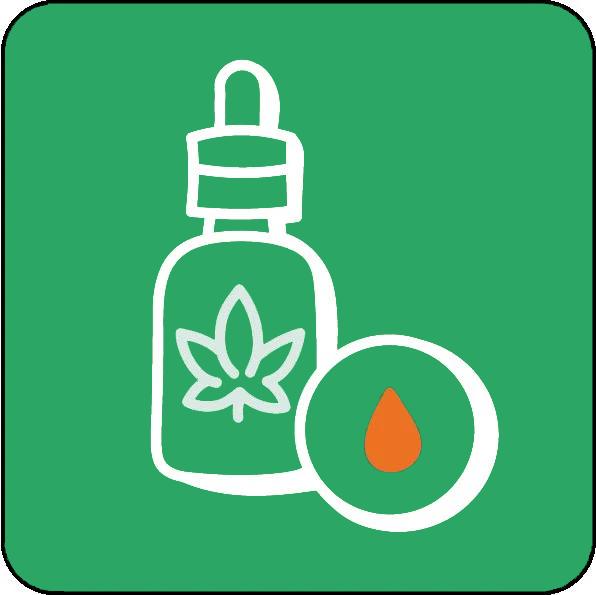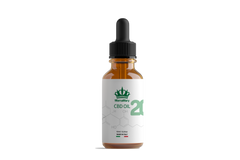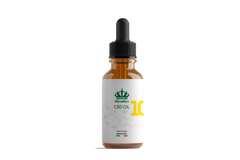Medical marijuana is currently legal in 29 U.S. states, with more seeking legalization this year. Despite all this legislative progress regarding medical and recreational cannabis (Greece here , Korea here , and new U.S. states), doctors are often unprepared to discuss the realities of medical marijuana, or dismissive of its benefits. As a result, doctors and patients alike are asking: Should medical schools start teaching about cannabis? With the wide array of recently discovered medical uses for marijuana, its increased popularity, and the progress in research around the world, it’s time for the medical community to educate our doctors about our favorite herb.
A Brief History of the Medical Community and Cannabis

There is a lot of smoke when it comes to doctors, cannabis, and Big Pharma.
As Alan Hirsch of the science company Cannabis Diagnostic Lab Corporation explains , “Big Pharma is lobbying against legalization, on supposed health grounds, but in reality they are just trying to buy time to create their synthetic cannabis medicines.”
Big Pharma has a rather contradictory relationship with Marijuana.
Additionally, through their campaign to stop legal marijuana, big pharma is preventing doctors from having access to the herb. This equates to difficulties in prescribing it and learning about its benefits.
Almost no doctors receive formal education about Marijuana

According to a study published in the journal Drug and Alcohol Dependence , 90% of doctors learn nothing about medical marijuana in medical school.
Which makes sense, considering that only 9% of medical schools have a curriculum that includes medical marijuana. These numbers come from the Association of Medical Colleges.
They collected findings from 100 medical schools that surveyed their students about marijuana education. The vast majority of medical students said they were unprepared to prescribe it.
The survey also found that 35% would not even feel comfortable discussing marijuana with their patients.
No Formal Marijuana Education Means Fewer Medical Marijuana Prescriptions
The consequences of ignorance about Marijuana are vast. To prescribe a drug, doctors must have previously formally studied the substance.
This means that, legally, most doctors cannot prescribe medical marijuana to their patients. Additionally, cannabis, in all its forms, from oils to moonrocks, is illegal at the federal level, which means doctors could lose their licenses for prescribing marijuana in the first place, or even go to court for administering what is still classified as a Schedule 1 substance.
Should medical schools start teaching cannabis courses? Medical education would lead to more prescriptions for medical marijuana, so the answer is unequivocally: yes.
Current State of Medical Marijuana Education

Most medical students do not have access to these programs. However, a small number of universities are starting to offer courses in Medical Marijuana.
The topics of these courses range from the legalization of Cannabis to the medical uses of Marijuana. Schools that teach these curricula include UC Davis, the University of Vermont, Ohio State University, and the University of Washington.
And now, with national legalization on the horizon for America, cannabis education in Canada is taking things a step further with a cannabis cultivation course offered at Dieppe Community College in New Brunswick.
Even the Canadian government supports this course. With demand for marijuana set to continue to grow after legalization this summer, the Canadian government hopes to produce qualified personnel.
The government even granted free enrollment to the first 25 students of this course.
Conclusions: Should Medical Schools Start Teaching Cannabis?
Information about medical marijuana is far from accessible. Although some progressive universities offer marijuana education courses, higher education has yet to catch up with legalization efforts.
Before taking courses, American medical professionals cannot, legally or in good conscience, prescribe Medical Marijuana.
Until education becomes widespread, only a few of the 25 million Americans who suffer from daily pain and those seeking alternative treatments for diseases such as cancer will have access to the natural remedy with scientifically proven benefits.











